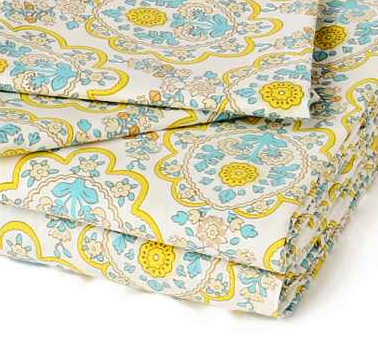
As I began to have confidence in my ability to find my way around Lisbon, I decided to explore. One day I deviated from my habitual bus route to the University for Portuguese language class. It was broad daylight and the campus was crawling with students and faculty. What could possibly go wrong, right?
At the place where I transferred from one bus to another there was another bus with “University” on the marquee. I looked at it day after day, and wondered why there were two different routes to the school. After long deliberation, I decided one morning to woman up and satisfy my curiosity.
I may or may not have had a few qualms once I was on board. We were driving in a different direction than my usual bus, of course. As I rode through unfamiliar territory I found myself moving into high alert. I wasn’t sure from where I would be exiting along this route. It was taking longer than my normal transportation, and I nearly missed the exit stop for fear of missing the exit stop.
This bus stopped in back of the University building. Between the bus stop and the University there was a beautiful passage through some woods, and I was the only person walking through it. Due to the longer bus ride, I was moving along with what was for me a brisk clip through the rustling leaves.
Past the halfway point, I felt someone touch me on the shoulder. I jumped, turned around and saw a man who looked like he was “challenged.” He beckoned me to follow him, and followed up the invitation with some gestures that needed no translation. I moved away quickly and repeatedly yelled in both English and Portuguese, “No!!! Não!!!”
I am more of a meanderer than a sprinter, but on that day I might have come in first in a 5K run. I ran straight to the café in the University and got a “bica” (espresso) to calm my nerves that worked so well I nearly fell asleep in class. Looking back, I think that my admirer probably had gotten loose from The Punchy Lands population.
What kind of close calls have you survived? Do you have any advice about exploring? What is the lesson that Susan learned?











